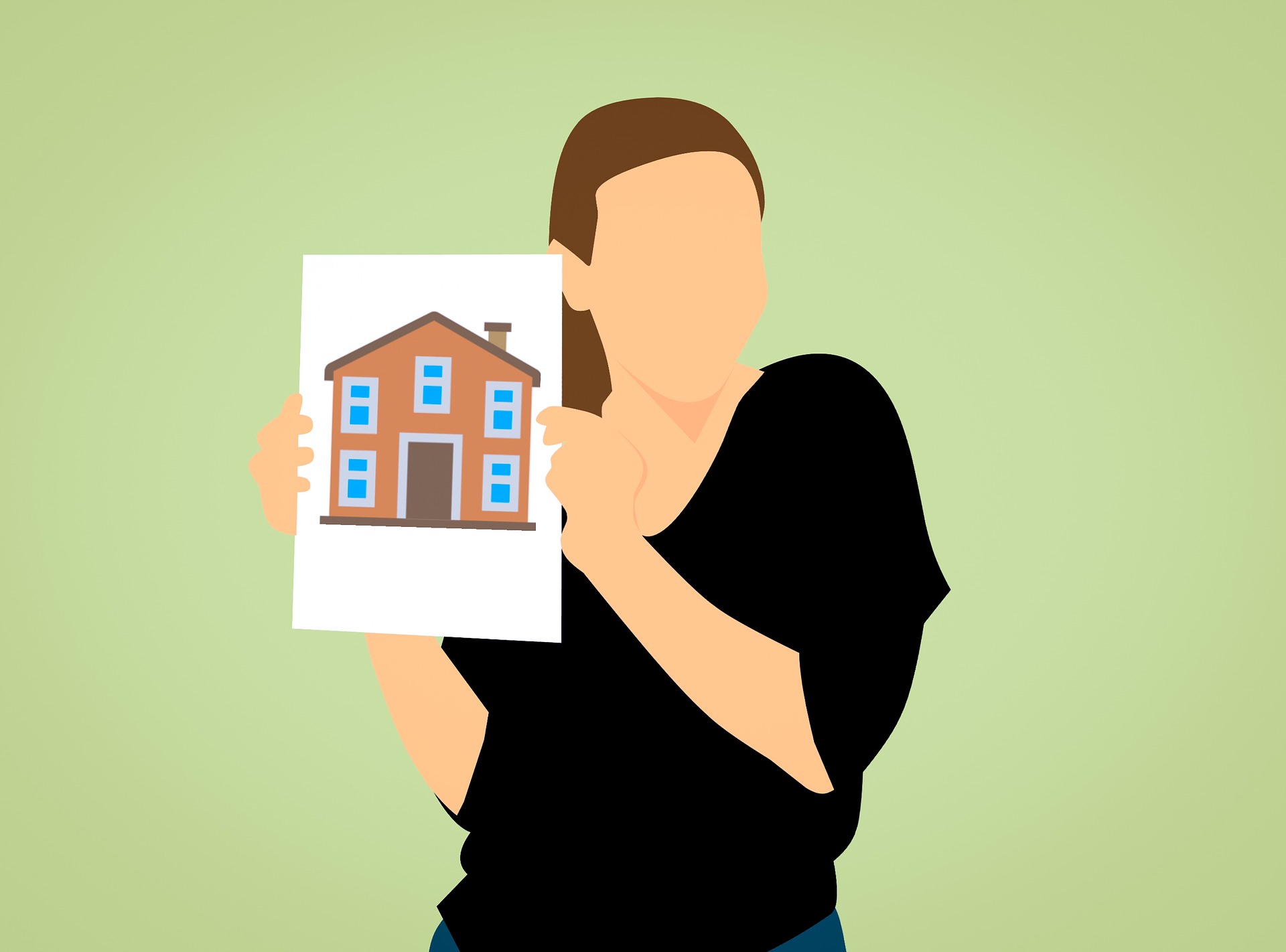by David Geh
To rent or to buy?
Nowadays it’s trendy to buy a house especially when the entry cost is very minimal and affordable. With only a RM500 or even RM1,000 booking you can book a property in a new development and the rest of the acquisition cost is either discounted by the developer or covered by the mortgage loan you take out on the property.
So if it’s a RM450,000 property, you get a RM45,000 rebate from the developer and the balance RM405k you can take a loan from the bank with up to 35 years repayment tenure. With the current interest rate as of June 2022, you are looking at RM1,700 to about 2,000 per month for a 35 years loan depending on the bank you choose to go with.
Fees to consider when buying a house
Besides that there are maintenance fees to consider. You probably wouldn’t have to worry about this if you were renting a place as usually the landlord is responsible for covering this cost. Nowadays with newer projects, maintenance fees usually won’t be below RM0.35 per square feet. For higher end properties, it can go up to as high as 70 or 80 cents per square feet but on average, those that I’ve seen are between 35 to 50 cents and this is inclusive of the sinking fund.. So at 0.35 per square feet, for a 850 square feet condo you are looking at about RM297.50 per month for maintenance fees for a strata title property. This may not be the case for landed properties but in landed properties you are probably looking to fork out roughly about RM150-300 per month for security fees if it’s a gated and guarded community. Monthly charges could be higher if there are clubhouse facilities and you would like to utilize it.
Then there are quit rent (cukai tanah) or cukai petak for strata title properties you need to consider. Besides that you also need to pay assessment rates or cukai taksiran by the loan council in the area you are living in. Assessment Rates (Cukai Pintu or Cukai Taksiran or kadaran or revaluation list termed by local government itself) is chargeable by the Majlis/Local Government onto any holding under their jurisdiction as per the National Land Code 1966 and Local Government Act 1976 (Act 171). According to an article in propmalaysia.com, legally, the local government or authorities are empowered to impose a new rate (revaluation list) within 5 years, however many of them are not implemented due to manpower shortage or other reasons. According to the same article, some local councils have not updated their evaluation lists for some time, in some cases more than 20 years.
Quit rent and assessment rates are not payable every month, for example quit rent is payable yearly while assessment rates are collected half yearly. If looking at the frequency of collection, it may not be a lot, but it adds to the cost of ownership of a property in the long run. For example, the place I am staying, my assessment rates by Majlis Perbandaran Ampang Jaya (MPAJ) is RM429 per annum, it is not much as compared to some more expensive properties or even landed properties but it does add to the cost of ownership of my property as compared to if I were renting.
Landlord’s Obligation to cover all other costs
When you rent you pay a flat rent to the landlord which in turn has an obligation to cover all other costs such as maintenance fees, assessment rates and quit rent. In many cases it can be seen as the landlord subsidizing the property you are renting in. Why? You see, for example a RM450k new condo which the owner has to pay a RM2,000 per month mortgage on, usually does not rent out for RM2,000 per month due to the competition from other properties for rent in that area as well as due to the high number of properties in that project. So if there are 1,200 units in the condo unit, and 30% of the properties are for rent, there are some 360 units for rent. As tenants you would be spoilt for choice and if one or two partially furnished units are offered for rent at RM2,000 and another 20 partially units is up for rent for RM1,200 and some fully furnished units are offered from RM1,500-1,800, naturally the RM2,000 per month unit won’t be getting any phone calls for viewings.
So the owner has to lower down their expectations and follow the market rate and rent out their unit at RM1,200 or even lower to attract prospective tenants. When this happens it’s a race to the bottom, especially in newly completed high rise projects because if landlords don’t do so, then they would have to wait longer to get their units rented out in which they would have to continue paying their monthly mortgage payments with nobody inside staying or renting. Besides that they also need to pay the monthly maintenance fees while the unit is left vacant as well.
With the example above, for a 450k property, the landlord pays a RM2,000 per month mortgage payment and roughly RM300 per month maintenance fees. The total amount they have to fork out monthly is about RM2,300. However, say they successfully find a tenant, either by themselves or through a property agent and they successfully rent it out at RM1,300 per month, the owner effectively needs to topup RM1,000 per month for the tenant to stay in their property. But this is far better than if they had to pay RM2,300 per month and leave it vacant.
Asking for higher rental prices
As a landlord you can of course ask for higher rental prices, that is if you invest some money, around RM30-50k to get the place renovated, put in some furniture and niceties such as airconds, large screen tv, fridge, washer and dryer, wifi etc to bring it up to a fully furnished unit so as to command a higher asking rental. But that cost that you put in needs to be factored into the monthly cost of acquisition as well, albeit it may be amortized into a longer tenure as you do not have to renovate or buy furniture for your unit every year, only when it’s broken or is worn out. So your 30k investment, you can probably spread it out to 10 years, so if you calculate monthly it’s between RM250 to 420 per month to add on top of your monthly installment and maintenance fees payment.
But the advantage of this is, after 10 years, property prices (not always but most will) will probably double up. So a RM450k property in 10 years may be worth RM800k. The equity on the property (the difference between what you owe the bank and the current value of your property, if you choose to sell it or refinance will most definitely cover back the amount you topped up renting it out (RM1,000 or so) as well as the amount you forked out to renovate and furnish the unit.
Back to the RM450k condo example, you had taken out RM405k on it, and paid the mortgage monthly diligently for 10 years (120 months), the balance if you choose to pay if off after 10 years according to a financial calculator app is roughly RM377k, now if your property is worth RM800k, you get back about RM423k gross. Not bad for a 10 year property investment. If your unit was rented out at 1,300 per month for 10 years and you had to fork out an extra 1k per month to service your mortgage, in 10 years you would had paid 120k. RM423-120k still gives you back RM303k in equity. Bear in mind, you are able to increase the rent every year according to the current market rate so a RM1,300 per month rent may not be RM1,300 per month after 5 years.
Renting doesn’t give you that kind of equity because the rent you pay to the landlord is in exchange for the comfort of having a roof over your head. It’s like buying term insurance over investment linked life insurance or endowment. The benefit you get out of it in the end is the enjoyment of the product (which in this case you get to stay in a nice property). Paying RM1,000 per month in rent for 10 years.
The advantages of renting
However renting does give you the flexibility of moving out and renting other places as and when you please. So if you had rented a place for 2-3 years and you feel bored staying there or you got yourself a new job somewhere else and you want to move nearer to your workplace, you can simply give the landlord ample notice and move out when the tenancy has ended and very quickly you are in a new rented property. If you bought a property you probably have to continue living in it and commute to work everyday even though you now work far away. This is of course not the case if you are working outstation.
The other benefit of renting is of course not having to make additional payments for maintenance fees, assessment rates and quit rent which you have to if you were a house owner.
There is no right or wrong in renting vs owning your own home. Do what suits you and your budget the best. Those who rent reap the benefits of renting while those who own reaps the benefits of owning. At the end of the day it is a matter of what we are able to afford and what our life goals are when it comes to having a roof over our heads. We hope this article helped out see the differences in costs involved between renting and owning.
If you want to find out more about renting a house or room with zero deposit, now you can with BlueDuck Zero Deposit. Do find out more on www.blueduck.my We look forward to serving you as our customer real soon!





